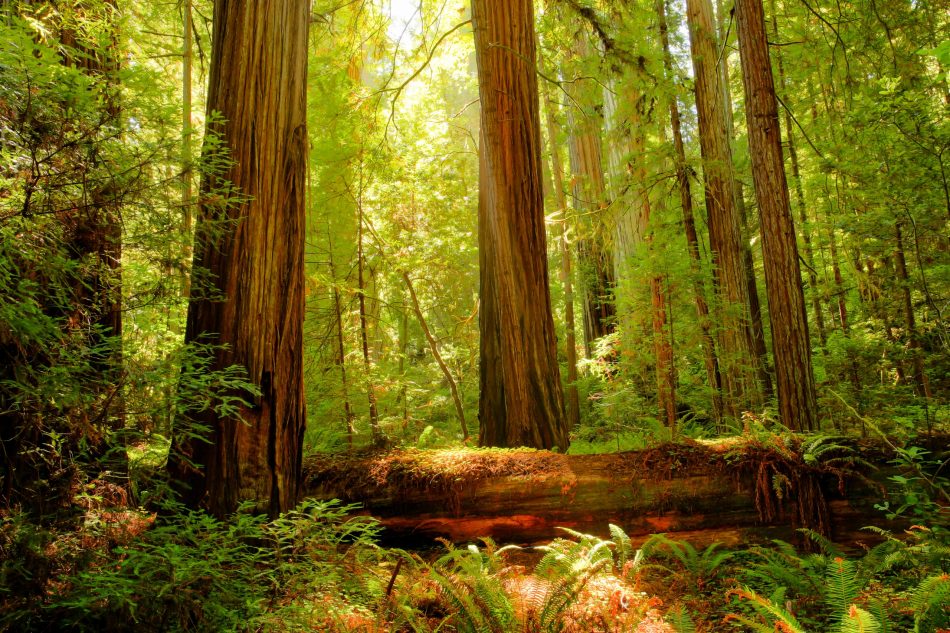Environment
Need some good news about the environment? The Optimist Daily is your go-to herald of positive environmental news, highlighting eco-friendly solutions and scientific progress around climate action, circularity, conservation, and more. Learn about everything eco in our Environment section.

Got old electronics? Here’s how to dispose of them properly
Do you have a digital camera? Do you still use it, or does it sit quietly in a desk drawer, out of a job thanks to your iPhone? With the rate at which technology advances these days, chances are we all have old gadgets that are now obsolete or that we just don’t use anymore. Despite the amount of Read More...

Mining companies decide against mining Brazil’s Indigenous areas
An important part of the growing movement for the rights of nature is empowering indigenous peoples to steward their lands. Indigenous forests sequester twice as much carbon as those on private or public lands, and these often have the highest levels of biodiversity. The trend now includes 130 Read More...

Scallop-attracting LED “disco” lights lead to more eco-friendly fishing technique
Marine scientists have accidentally stumbled upon an unexpected technique for catching scallops that has the potential to reduce some of the environmental damage caused by conventional fishing practices. Dr. Rob Enever, a specialist in reducing the impacts of fishing on the marine environment, Read More...

How the Belize Barrier Reef is coming back to life
When Hurricane Iris hit Belize in 2001, it ravaged almost all of the country’s coral reefs. The devastation signaled bad news not only for the surrounding marine life but also for the local communities who rely on reefs for food, work, and protection from storms and erosion. Now, thanks to a Read More...

Flow batteries could help with renewable energy storage
The generation of renewable energy from sources like wind and solar is one thing, but there are many other factors to consider when delivering renewable energy to consumers. A big one is the issue of storage. One Oregon startup, ESS Tech Inc. is fixing this problem with its flow Read More...

Redwoods grow new leaves to adapt to drought
We’re doing a lot to adapt to climate change, from creating tree cities and sponge cities to speeding up the schedule for renewable energy. As it turns out, though, humans aren’t the only ones getting ready and adapting to a changing climate. California’s iconic redwoods have started Read More...

OnePower: bringing minigrids and power to Lesotho
A key aspect of helping the developing world is not only ensuring that they have sufficient power and infrastructure to run key facilities like schools and hospitals. It is also important to ensure that their energy infrastructure is resilient and, hopefully, runs on renewable energy. This is Read More...

How a century-old cargo schooner is bringing back emissions-free shipping
The shipping industry is responsible for 2.5 percent of global greenhouse gas emissions — putting about 940 million tonnes of CO2 into the atmosphere every year. Before 1960, however, when containerization started to take off, cargo schooners were transporting goods around the world Read More...

Dam! Europe removes record number of river barriers in 2021
In 2021, Spain began a movement to remove dams from the country’s rivers to restore fish migration routes and boost biodiversity across the nation. They successfully took down 108 barriers and inspired other European countries to do the same. “Our efforts to expand dam removals across Europe Read More...

New program seeks to break the cycle between jail and homelessness
Several factors can lead to homelessness: a lack of affordable housing, high costs of living, and even, sadly, mental illness. Another factor that contributes to homelessness, which is often overlooked, is incarceration. Many individuals serve their jail or prison sentences and cannot find Read More...


